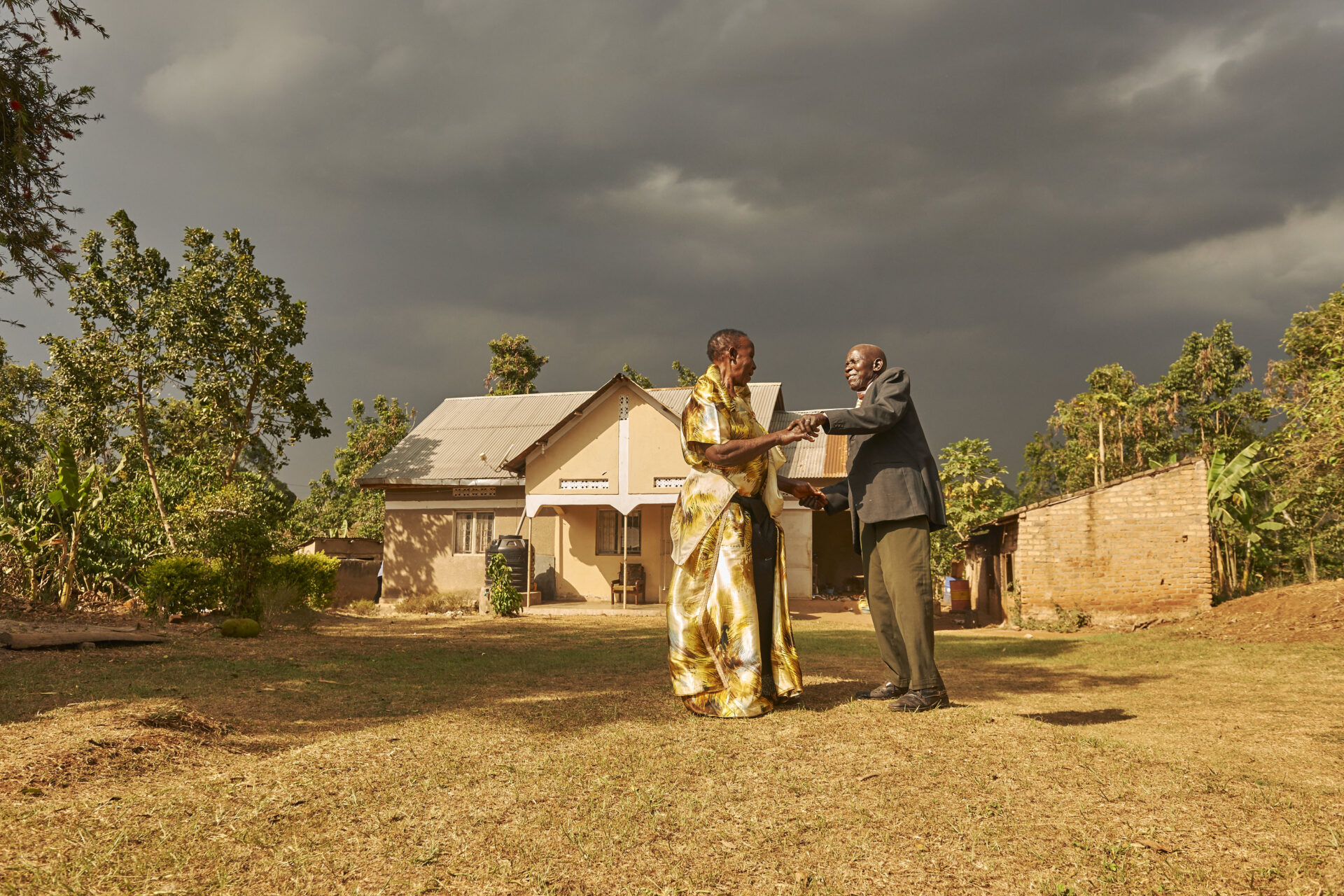
In Search of Local Leadership
Feedback from Consultations at Regional Shelter & Settlements Forums
“Local organizations must continue to try to implement projects that generate self-sustainability [and] build more robust alliances, without losing the fundamental principles of humanitarian law.”
– Abner Laitano, Legion Honduras
“Localization” has become a common concept in humanitarian action. However, despite stated commitments to localization principles, like the Grand Bargain, how this is operationalized and achieved in humanitarian contexts remains ill-defined.
To help define how to achieve local leadership in humanitarian response, InterAction’s Shelter and Settlements team conducted consultations at four regional shelter forums in 2022 and 2023 as part of the Local Leadership in Humanitarian Response Initiative. The forum consultations—which were held in the Africa, Asia, Latin America and Caribbean, and Middle East and North Africa regions, and informed the four attached reports—used online surveys and group discussions to gain insight on actions that could strengthen local leadership in shelter and settlements responses. Some of the main ideas contained in the reports are discussed below.
Defining “Local Actors” and “Local Leadership”
Coming to consensus on the definitions of “local actor” and “local leadership” is a challenge when discussing localization and can impede progress on supporting successful locally led responses. For instance, in the Africa Shelter Forum consultation, “local actors” included spontaneous volunteer groups, religious groups, and social networks, while in the Latin America and Caribbean consultation, the focus was on local government authorities, as well as first responders and informal community groups or structures. Additionally, the concept of “local leadership” was seen differently within and across contexts, ranging from increasing national staff in leadership roles to highlighting the role of government to programs being led by communities themselves.
For Abner Laitano of Legion Honduras, “local actor” must be “defined in a given community or country” and should include “municipal governments, state government, grassroots organizations, [and] authorities.” For Meshba Uddin Ahmed, Shelter and Settlements practitioner in the Asia region, “local actor” includes local media, as they can act as first responders through information sharing, and local academia, for building research and innovation that strengthens local response capacity.
Challenges to Achieving Local Leadership in Humanitarian Response
While responses varied, issues around funding, lack of trust in local NGOs to lead, and capacity gaps were often mentioned as difficulties in achieving local leadership—all of which are discussed further in the reports. Juliet Donna, Project Manager for CEFORD Uganda, noted that “until we address the existing power imbalance that is a challenge to inclusive participation in decision-making spaces, which is controlled by those with access to resources, we have a long way to achieving localization principles.” Additional challenges mentioned by participants included language barriers, donor requirements, subcontracting relationships, political barriers, corruption, fraud, and lack of effective local leaders.
How to Enable Locally Led Responses
Not only did participants consider the challenges to local leadership, but they also brainstormed actions that could enable locally led responses. According to Layla Zibar, a post-doctoral researcher at KU Leuven, “[d]eveloping structures that allow local leaders to emerge and removing barriers faced by local actors is essential. Education pathways are promising to create these structures to tackle various barriers to participating in scales and circles in decision-making.” Participants in the forums suggested a range of possible actions aimed at different actors in the humanitarian system. These included:
- Engaging local governments on preparedness and capacity.
- Donors directly funding local NGOs.
- INGOs mentoring local partners with supervision and on the job training.
- Establishing community ownership over response programs.
- Developing equitable partnerships with a collaborative approach to co-creating programs.
- Supporting owner-driven approaches to shelter assistance.
- Conducting mutual capacity enhancement between local and international actors.
According to Meshba Uddin Ahmed, creating local networks or forums can also enable a locally led response by supplementing each other’s organizational capacity and filling gaps that may exist.
Local leadership in humanitarian response would build on an understanding of the impacts and needs of affected communities, providing contextual and cultural understanding. Additionally, locally led responses would promote localized solutions, increase accountability to affected populations, and increase sustainability of solutions. However, participants acknowledged that the overall outcome of any response depends on the capability of leadership itself.
Each forum consultation produced key messages, which varied considerably across the regions. However, identifying community representatives, engaging with existing community and local structures, and elevating the role of affected people were key messages across all the regional forums, highlighting the importance of local actors’ contextual knowledge and community relationships in humanitarian response and the need for recognition of this importance by external actors. Additional key messages are synthesized in the attached reports.
The consultations form part of InterAction’s Shelter and Settlements team’s larger Local Leadership in Humanitarian Response Initiative and will contribute toward overall findings. The research aims to build an understanding of what a successful locally led response looks like in the shelter sector and provide recommendations to a range of stakeholders on actions needed to enable or support successful locally led responses.
For more information or to get involved, please contact Juli King.
See the reports here:








